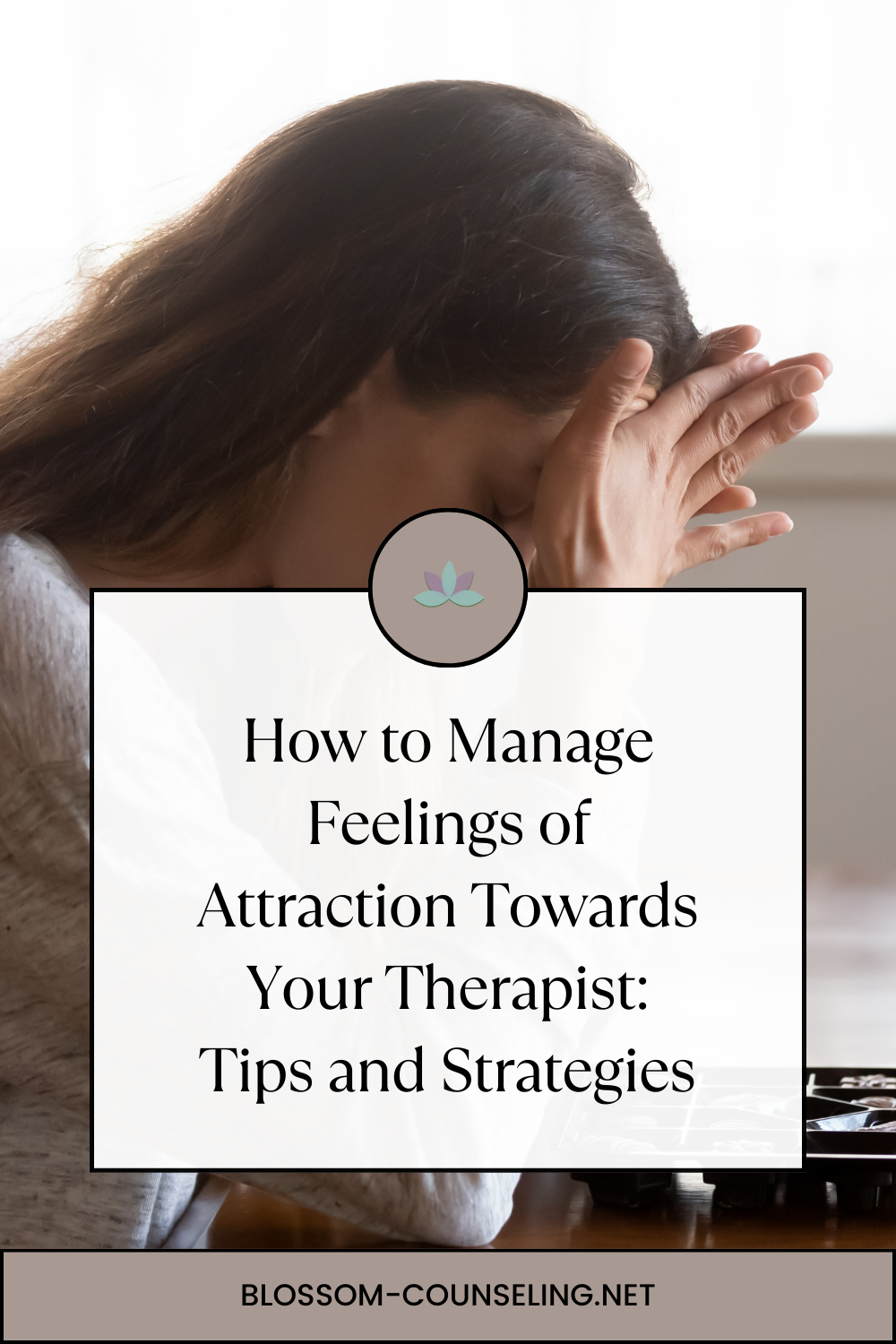
Going to therapy can be a vulnerable experience, and it’s not uncommon for clients to develop feelings of attraction towards their therapist. This can lead to confusion, shame, and discomfort. It’s important to understand that these feelings are normal and that therapists are trained to handle them in a professional manner.
Talk About It
The first step in dealing with feelings of attraction towards your therapist is to talk about it. Your therapist is a trained professional who has likely dealt with this situation before. They are there to provide a safe and non-judgmental space for you to explore your feelings. Bringing up your attraction may be difficult, but it’s essential to your treatment. Your therapist will be able to help you understand why you’re feeling this way and work with you to find ways to manage these feelings.
It’s important to note that therapists are bound by ethical guidelines that prohibit them from engaging in romantic or sexual relationships with their clients. This means that even if you and your therapist have mutual feelings of attraction, acting on those feelings is not an option.
Seek a Referral
If talking to your therapist about your attraction feels uncomfortable or unproductive, it may be time to seek a referral. A referral is a recommendation for a new therapist that your current therapist can provide. This new therapist will be able to help you process your feelings without the added complications of attraction. It’s important to understand that seeking a referral is not a failure or a reflection of your progress in therapy. Rather, it’s a step towards ensuring that you receive the best possible care.
Take a Break
In some cases, it may be necessary to take a break from therapy altogether. This can be a difficult decision, but it’s essential to prioritize your mental health and well-being. If your feelings of attraction are interfering with your ability to focus on your treatment, it may be time to take a step back. Taking a break doesn’t mean that you’re giving up on therapy altogether. It simply means that you’re recognizing your boundaries and taking the necessary steps to address them.
It’s important to note that taking a break from therapy doesn’t necessarily mean that you need to stop seeing a therapist altogether. You may be able to find a new therapist that you feel more comfortable with and who can help you continue your treatment.
Understand the Roots of Your Attraction
It’s also important to understand the roots of your attraction towards your therapist. Often, attraction towards a therapist is a sign of transference, which is when you project feelings and emotions onto someone else. This can be a helpful tool in therapy, as it allows you to explore past experiences and relationships. However, if left unchecked, transference can interfere with your ability to make progress in therapy.
Your therapist can help you understand the roots of your attraction and work with you to find ways to manage these feelings. This may involve exploring past experiences or looking for patterns in your relationships.
Feeling attracted to your therapist is a common experience that can be confusing and distressing. However, it’s essential to understand that these feelings are normal and that therapists are trained to handle them in a professional manner. If you find yourself attracted to your therapist, it’s important to talk about it, seek a referral if necessary, take a break if needed, and understand the roots of your attraction. Remember that therapy is a journey, and it’s okay to make adjustments along the way to ensure that you receive the best possible care.




